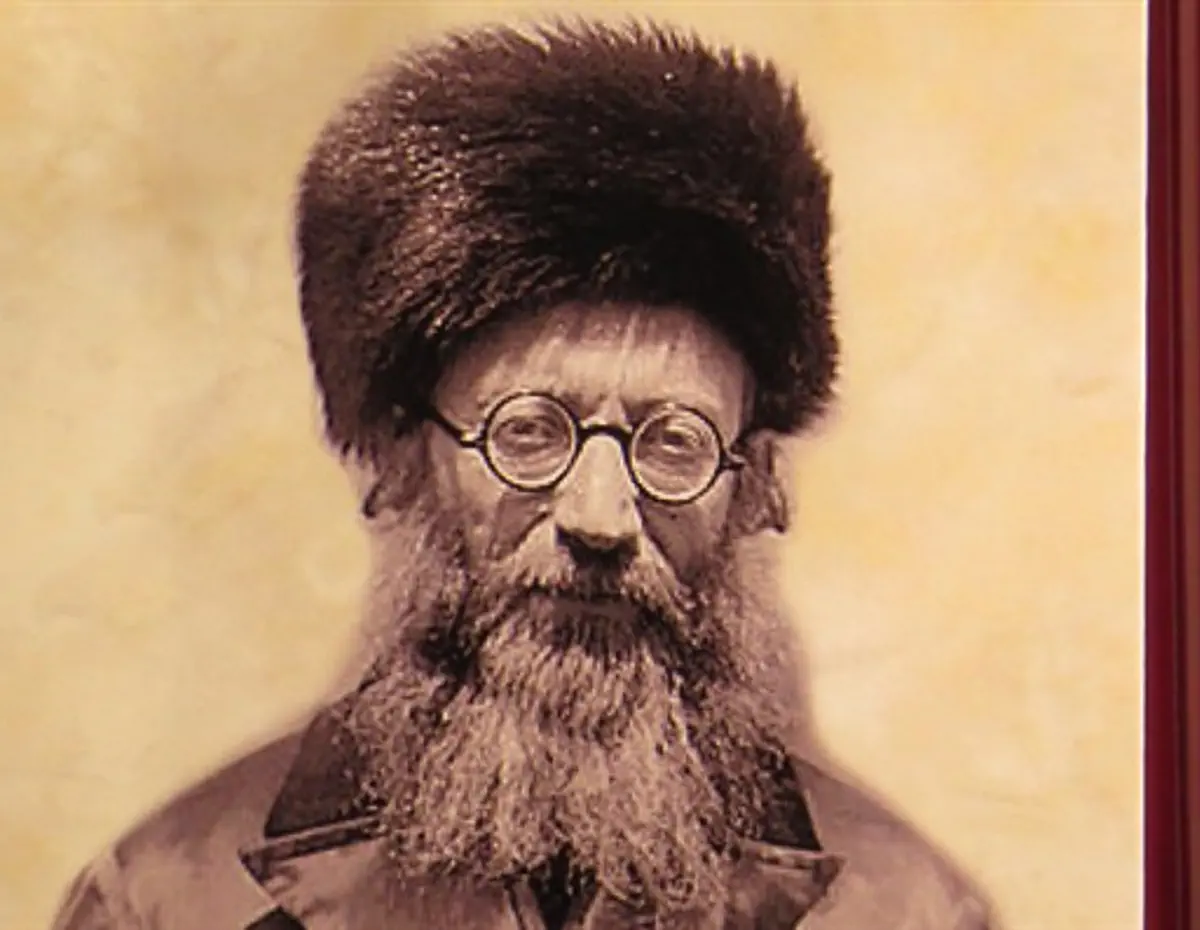Mindful
Diamond Member
- Banned
- #981
Then there’s the language:
In languages like English, nouns are the masters and verbs are their slaves, with adjectives and associated forms dancing about to serve them. In Hebrew, verbs rule. Big, little, wise, foolish, king, priest, eye, ear--all of these sound like things, but in Hebrew they are forms of verbs. The great 16th century kabbalist, Rabbi Moshe Cordovero, wrote that everything in Hebrew is really a verb. Everything is an event, a happening, a process —flowing, moving, never static. Just like when you were a small child.
In Hebrew, there is not even a present-tense. There are participles, but the idea of a present tense only arose later. In real Hebrew, nothing ever is--all is movement.
That fits, because Hebrew was not written in glyphs. Hebrew was the first language we know of to be written with symbols that represent sounds, not things. With the Hebrew alphabet—the mother of all alphabets—you don't see things, you see sounds. Even the process of reading is different: when you read glyphs, the order doesn't matter so much. You just sort of look and everything is there. Even modern Chinese glyphs can be written in any direction. With an alphabet, sequence is everything. Nothing has meaning standing on its own. Everything is in the flow.
As for faith and belief, those are reserved for greater things. Like believing that this great Isness that isifies all that ises cares, knows, has compassion, can be related to. In other words, saying that reality is a caring experience. Which reduces to saying that compassion is real, purpose is real, life is real. That's something you have to believe. But G‑d's existence—like most ideas that men argue about—that's just a matter of semantics.
Think simple: You wake up in the morning and, even before coffee, there is. Reality. Existence. Not "the things that exist" but existence itself. The flow. The infinite flow of light and energy. Of being, of existence. Of is. Think of all that flow of isingness all in a single, perfectly simple point. Get into it, commune with it, speak to it, become one with it —that is G‑d.
What Is G‑d? - The Not-thing
In languages like English, nouns are the masters and verbs are their slaves, with adjectives and associated forms dancing about to serve them. In Hebrew, verbs rule. Big, little, wise, foolish, king, priest, eye, ear--all of these sound like things, but in Hebrew they are forms of verbs. The great 16th century kabbalist, Rabbi Moshe Cordovero, wrote that everything in Hebrew is really a verb. Everything is an event, a happening, a process —flowing, moving, never static. Just like when you were a small child.
In Hebrew, there is not even a present-tense. There are participles, but the idea of a present tense only arose later. In real Hebrew, nothing ever is--all is movement.
That fits, because Hebrew was not written in glyphs. Hebrew was the first language we know of to be written with symbols that represent sounds, not things. With the Hebrew alphabet—the mother of all alphabets—you don't see things, you see sounds. Even the process of reading is different: when you read glyphs, the order doesn't matter so much. You just sort of look and everything is there. Even modern Chinese glyphs can be written in any direction. With an alphabet, sequence is everything. Nothing has meaning standing on its own. Everything is in the flow.
As for faith and belief, those are reserved for greater things. Like believing that this great Isness that isifies all that ises cares, knows, has compassion, can be related to. In other words, saying that reality is a caring experience. Which reduces to saying that compassion is real, purpose is real, life is real. That's something you have to believe. But G‑d's existence—like most ideas that men argue about—that's just a matter of semantics.
Think simple: You wake up in the morning and, even before coffee, there is. Reality. Existence. Not "the things that exist" but existence itself. The flow. The infinite flow of light and energy. Of being, of existence. Of is. Think of all that flow of isingness all in a single, perfectly simple point. Get into it, commune with it, speak to it, become one with it —that is G‑d.
What Is G‑d? - The Not-thing








